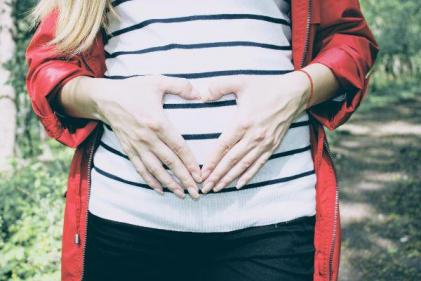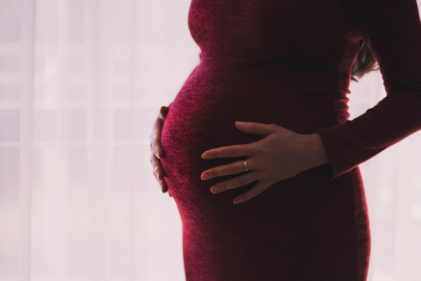It’s your third week of pregnancy but you probably aren’t even aware that you are pregnant yet. Symptoms usually do not occur this early and you have not yet missed a menstrual cycle. Nevertheless, your body is already going through some miraculous changes in preparation for your baby.
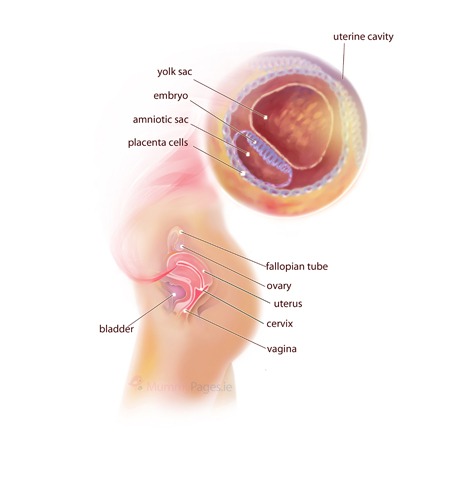
Your Baby This Week
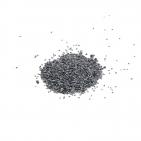
Your baby is now around the size of a poppy seed!
At this stage, your baby is just starting to become an embryo. Up until now, your baby was medically referred to as a zygote or a blastocyst. Sounds very scientific, but is fascinating. A zygote is basically the fertilised egg, which contains an equal amount of DNA from each parent. The zygote is the single cell that begins to divide and multiply to become a blastocyst, which is a bigger cluster of cells that has an outer layer and an inner layer. The inner layer will become your baby, and the outer layer will become the placenta. It takes about six days for the blastocyst to make its way into your uterus. Once it gets to your uterus, the blastocyst will start to burrow down into the uterine lining where it will become an embryo.
After the blastocyst attaches to the uterus, three layers will begin to form. They are very tiny but they can be seen under a microscope. The layers are the ectoderm layer, which will become your baby’s skin, hair, glands, and brain (among other things); the mesoderm layer, which will become your baby’s bones, muscles, blood, and connective tissues; and the endoderm layer, which will become your baby’s internal organs (heart, stomach, liver, lungs, etc.).
Your Body This Week
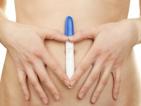
From the moment of conception, your body starts to change. Although at this early stage of pregnancy, you probably won’t even be aware of the changes that are taking place within your body. In preparation to provide nourishment to your baby, your body is now producing higher levels of hormones. This increase of hormonal activity results in several side effects that you will begin to experience in the coming weeks:
- One of the first effects of higher hormone levels is breast tenderness. Your breasts may become tender and extremely sensitive. They also may feel fuller and heavier. When this starts to happen, it’s a good idea to wear a very supportive bra or a sports bra.
- Nausea is also a result of the higher levels of hormones. If you have not had nausea so far, count your blessings. This is the dreaded side effect of pregnancy. It’s usually called ‘morning sickness’ because most women experience the nausea in the morning. For some, the nausea can last all day. Have patience. The bouts of nausea will usually start to go away after the first trimester of pregnancy. Contact your doctor if you have bouts of nausea that are severe, you cannot keep foods down, you feel dizzy when you stand up, there is blood in your vomit, or if you are only passing a small amount of urine.
- Many women report that they feel extremely fatigued within the first few weeks of pregnancy. This too is a result of the increased hormone production. To prepare for the baby, your body is now using extra resources such as blood and nutrients. You may notice that your heart is beating faster and you get worn out quicker than usual. To combat this fatigue, make sure to get plenty of rest and include some light physical activity in your daily routine.







